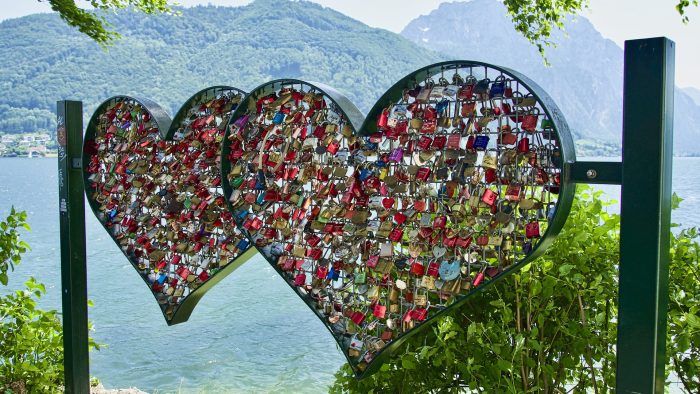The Narcissist’s Move to New Supply
As you stand firm in your decision to discard the narcissist, they may eventually move on to a new source of narcissistic supply. This can bring both relief and feelings of rejection. Remember that their choice of a new source is not a reflection of their worth but is driven by their need for constant admiration and validation.
Healing and Recovery
The aftermath of discarding a narcissist can be emotionally challenging, but it’s also an opportunity for healing and self-discovery. Seek support from friends, family, or a therapist to process your emotions and rebuild your self-esteem. Understand that narcissist’s reactions are a reflection of their insecurities, and your decision to discard them is a positive step toward a healthier, happier life.
Conclusion
Discarding a narcissist is a courageous decision that can lead to personal growth and well-being. While the process can be emotionally turbulent, understanding the phases and the narcissist’s behavior can help you navigate the journey of recovery successfully.
FAQs
Is it normal to feel guilty after discarding a narcissist?
It’s entirely normal to experience guilt, but remember that your well-being should be a top priority.
Can a narcissist change if you discard them?
Narcissists can change, but it is a rare occurrence and usually requires extensive therapy and self-awareness.
How do I resist hoovering attempts from the narcissist?
Set clear boundaries, avoid contact, and remind yourself of the reasons you decided to discard them.
Why does a narcissist need constant admiration?
Narcissists have a fragile self-esteem, and they rely on external validation to maintain their self-image.
Is it possible to co-parent with a narcissist after discarding them?
Co-parenting with a narcissist can be challenging, but it is possible with strong boundaries and legal support.




